Thomas Mann House Events Archive
January 2024
Opera and Democracy: Concert & Panel Discussion with Daniela Smolov Levy, Kira Thurman, Alex Ross, Jan Vogler & Kai Hinrich Müller
Los Angeles

Information
This series commemorates the centenary of the reopening of Berlin's legendary Krolloper in 1924, one of the leading opera houses of the interwar period and today a symbol of both the renewal of opera in the 20th century and the struggle for democratic values in times of crisis. To honor this anniversary, panel discussions with international scholars and artists will explore the multifaceted history of this important institution and delve into the complex relationship between opera and democracy today. The focus will be on the democratic potential of opera and its possible contributions to a diverse and inclusive society. Topics range from aspects of the democratization of opera, to questions of power and representation, new formats, casting and programming policies, audience expectations as well as to academic challenges and opera's ability to amplify the voices of silenced or persecuted artists. Each conversation will be accompanied by concerts, sometimes world premieres, that present excerpts from rarely performed stage works, among them works by persecuted artists discovered in archives.
On January 20, 2024, the series will start with an event at the Thomas Mann House: two concerts, a keynote address, and a panel discussion will focus on the democratic potential of opera. The concerts will highlight works by Kurt Weill, Lily Reiff, Richard Wagner, and Edmond Dédé, performed by the Kaleidoscope Chamber Orchestra and acclaimed cellist Jan Vogler. The panel discussion will feature Alex Ross, Kira Thurman and Daniela Solomon Levy, three renowned intellectuals in the international opera discourse. The program will be complemented by a keynote speech on an operatic history of diversity by Michael Steinberg, an expert of U.S. musicology.
Program
Part I
Welcome Address & Introduction
Introduction by Joy H. Calico
The Yes-Sayer, Piano Opera by Kurt Weill performed by Kaleidoscope Chamber Orchestra
Kurt Weill's school opera The Yes-Sayer premiered at the Krolloper in Berlin in 1930: composer Kurt Weill and poet Bertolt Brecht explored the relationship between the individual and society (and vice versa) and the idea of an "agreement," which they place at the center of the plot. In the end, the protagonist, a boy, decides to say "yes" and sacrifice himself for the community. The music will be presented in a concert with the Kaleidoscope Chamber Orchestra.
Part II
Saying Yes? Opera and Democracy in the 21st Century, Panel Discussion with Alex Ross, Kira Thurman, Daniela Smolov Levy, moderated by Kai Hinrich Müller
Taking its cue from Kurt Weill's The Yes-Sayer, the panel discussion will examine the political voices of opera makers in public discourse, as well as the "yes" to the institution of opera itself. Together with Kai Hinrich Müller, Alex Ross, Kira Thurman, and Daniela Smolov Levy will discuss the democratization of music theater, accessibility, diversity and community engagement, as well as the responsibility of opera in terms of a political mandate for the arts. How can opera companies and artists contribute to the strengthening of democratic values, and how can the institution of opera itself become more democratic in its programs, narratives, structures and decision-making processes?
Part III
The Operatic History of Diversity, Keynote by Michael Steinberg
Salon Concert with works by Richard Wagner, Lily Reiff, Edmond Dédé performed by Jan Vogler & Friends
Michael Steinberg introduces the salon concert with an examination of one of the most important aspects of the relationship between opera and democracy: diversity, which must also be reflected at various levels in the institution of opera. The concert with Jan Vogler, one of the world's leading cellists and director of the Dresden Music Festival, presents music by Richard Wagner, Lily Reiff and Edmond Dédé. While the former is probably the best-known composer of political operas, the latter two are largely forgotten today. Lilly Reiff hosted an important salon in Zurich—Thomas Mann was one of her guests and dedicated a section in his Doctor Faustus to her–, but also composed. Excerpts from her opera Puck's Love Song will be performed for the very first time in the United States. Similarly, African-American composer Edmond Dédé had an impressive, almost impossible musical career despite severe racial discrimination. Born in 1823 in New Orleans, he moved to France, where he enjoyed great success as a conductor and composer. This concert features a selection of his works.
Participants
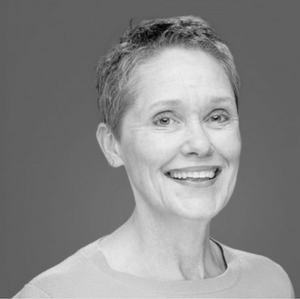
Joy H. Calico joined the faculty at UCLA in August 2023, where she is Professor of Musicology at the Herb Alpert School of Music and affiliated faculty in Jewish Studies. She has published monographs on two luminaries of the Austro-German diaspora in Los Angeles: Bertolt Brecht at the Opera (2008) and Arnold Schoenberg’s A Survivor from Warsaw in Postwar Europe (2014), both with University of California Press. Her scholarship has been supported by fellowships and grants from the American Academy in Berlin, the DAAD, the ACLS, and the NEH, among others. She is a member of the international working team of the Black Opera Research Network (BORN). Her current projects include a book about operatic scene types in 20th- and 21st-century opera based on Kaija Saariaho’s L’amour de loin, and a co-edited volume entitled Childhood and the Operatic Imaginary since 1900.
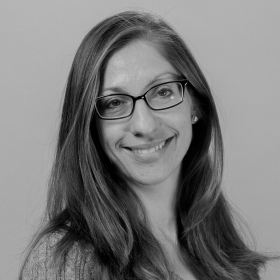
Daniela Smolov Levy studies the democratization of opera in American society, including opera’s presence in early twentieth-century Yiddish theater and Yiddish speakers’ involvement with the broader American opera scene. Daniela holds a doctorate in Musicology from Stanford University, a Master’s degree in Piano Performance from New York University, and a Bachelor’s degree in Comparative Literature and Music from Princeton University. She has presented her work at both national and local chapter meetings of the American Musicological Society and has given invited talks in Los Angeles & New York. Her article Parsifal in Yiddish? Why Not? was published in the Musical Quarterly.

Kai Hinrich Müller, 2023 Thomas Mann Fellow, studied musicology, business administration and law at the Rheinische Friedrich-Wilhelms-Universität Bonn and received his doctorate in 2013 with a thesis on the history of the early music movement. His habilitation followed in 2022. In his research, he deals with Richard Wagner and his reception in the Bayreuth circle as well as the so-called völkische Bewegung (nationalist movement), forms of anti-Semitism in music history, musical life in the interwar and especially Nazi period, as well as transatlantic opera history with a special focus on U.S. exile. He teaches at the Cologne University of Music and Dance, directs projects in Germany and abroad, and is the academic and artistic director of the Terezín Music Academy in the former Theresienstadt ghetto and the Bauhaus Music Weekend.

Alex Ross has been the music critic of The New Yorker since 1996. His first book, The Rest Is Noise: Listening to the Twentieth Century, won a National Book Critics Circle Award and was a finalist for the Pulitzer Prize. His second book, Listen to This, is a collection of essays. His latest book is Wagnerism: Art and Politics in the Shadow of Music, an account of Wagner’s vast cultural impact. He has written often about Thomas Mann and the émigré community in L.A. for The New Yorker. He was awarded with a MacArthur Fellowship and the Belmont Prize.

Michael P. Steinberg is the Barnaby Conrad and Mary Critchfield Keeney Professor of History, and Professor of Music and German Studies at Brown University in Providence, Rhode Island, USA. From 2016 to 2018 he served as president of the American Academy in Berlin. At Brown he served as the founding director of the Cogut Center for the Humanities (2005-2015), as Vice Provost for the Arts (2015-16), and on the Academic Priorities Committee in 2019-20. He is the recipient of fellowships from the John Simon Guggenheim Foundation, the American Council of Learned Societies, and the National Endowment for the Humanities. Steinbergs books include The Afterlife of Moses: Exile, Democracy, Renewal (Stanford, 2022), The Trouble with Wagner (Chicago, 2018) as well as the edited volume Makers of Jewish Modernity (Princeton, 2016; winner of the National Jewish Book Award for non-fiction).
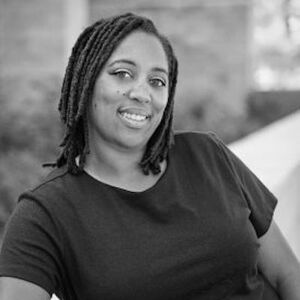
Kira Thurman is an award-winning historian and musicologist. A classically-trained pianist who grew up in Vienna, Austria, Thurman earned her PhD in history from the University of Rochester with a minor field in musicology from the Eastman School of Music. Her book, Singing Like Germans: Black Musicians in the Land of Bach, Beethoven and Brahms (Cornell University Press, 2021), traces the history of Black classical musicians in German-speaking Europe across the nineteenth and twentieth centuries. Thurman has written for outlets such as the New York Times, The New Yorker, and Frieze Magazine, and has appeared on PBS documentaries and public radio programs in Germany and the United States.
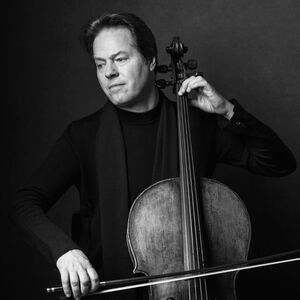
Jan Vogler is a renowned German-born classical cellist. Vogler’s distinguished career has brought him together with renowned conductors and internationally acclaimed orchestras around the world, such as New York Philharmonic, Leipzig Gewandhaus Orchestra, Deutsches Symphonie-Orchester Berlin and London Philharmonic Orchestra. His great ability allowed him to explore the sound boundaries of the cello and to establish an intensive dialogue with contemporary composers and artists. This includes regular world premieres, including works by Tigran Mansurian (with WDR Symphony Orchestra conducted by Semyon Bychkov), John Harbison (with Mira Wang and the Boston Symphony Orchestra), and many more.
Partners
An event by Thomas Mann House Los Angeles and the Kaleidoscope Chamber Orchestra

Student Council on "Democracy and Vulnerability" – with Sophie-Charlotte Opitz
Online
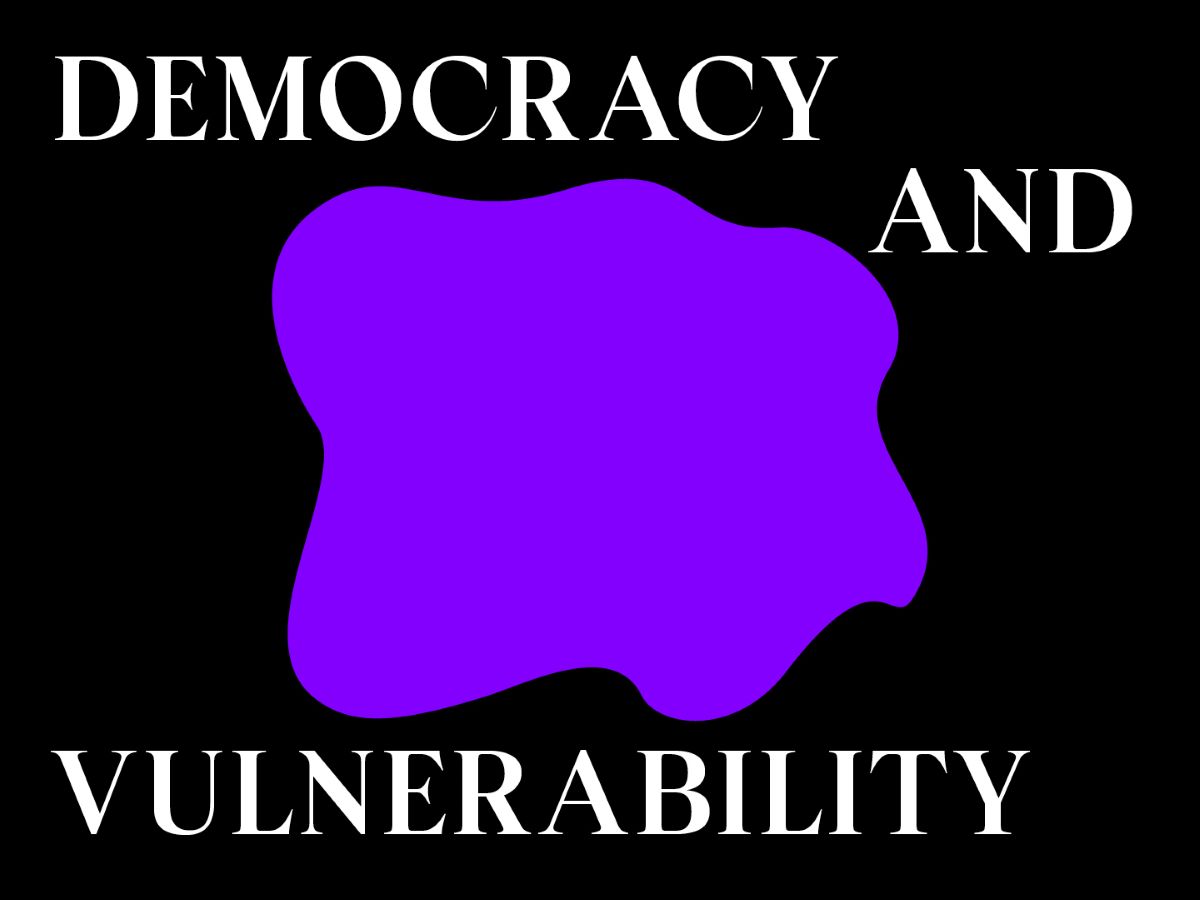
Information
The Student Council consists of a team of highly engaged, talented, and diverse high school, undergraduate, and graduate students who invite prominent guest speakers to discuss topics relating to art, culture, politics, and society. In conversation with academics, journalists, politicians, and artists, the students will explore the various threats to democratic institutions and principles worldwide, as well as strategies to potentially overcome these threats. The series focuses on the new annual topic of the Thomas Mann House, “Democracy & Vulnerability:" Democratic processes are dynamic, inclusive, and human-centered but at times also messy, arbitrary, and even contrary to democracy itself. How should a democracy deal with its own vulnerabilities? What are the responsibilities of a democracy toward the most vulnerable in its populace? How do democracies need to evolve to deal successfully with increasing global levels of ecological, geo-political, and economic precarity? How much vulnerability can a democracy endure?
The first guest for the 2024 council will be Thomas Mann Fellow, Media Studies Scholar & Curator Sophie-Charlotte Opitz, whose work focuses on the relationship of protest movements, image strategies and artificial intelligence.
Participant
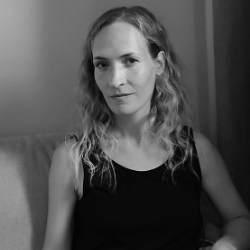
Sophie-Charlotte Opitz is a media and memory studies scholar and curator. She studied philosophy and art education at Goethe University Frankfurt and subsequently completed her doctorate. In 2019 she began her curatorial practice as a fellow at the Akademie Schloss Solitude in Stuttgart and afterwards worked internationally as a curator and director in museums in Germany, Switzerland, and England. In addition to her monograph „Bilderregungen. Die Produktionsmechanismen zeitgenössischer Kriegsfotografie“, she regularly publishes in academic journals, exhibition catalogues, and photography books, especially on aspects of collective memory cultures and global image politics. She is a 2023 Thomas Mann Fellow. In her project, she is researching new forms of protest which strengthen political visibility during critical times.
Meet the 2024 Student Council
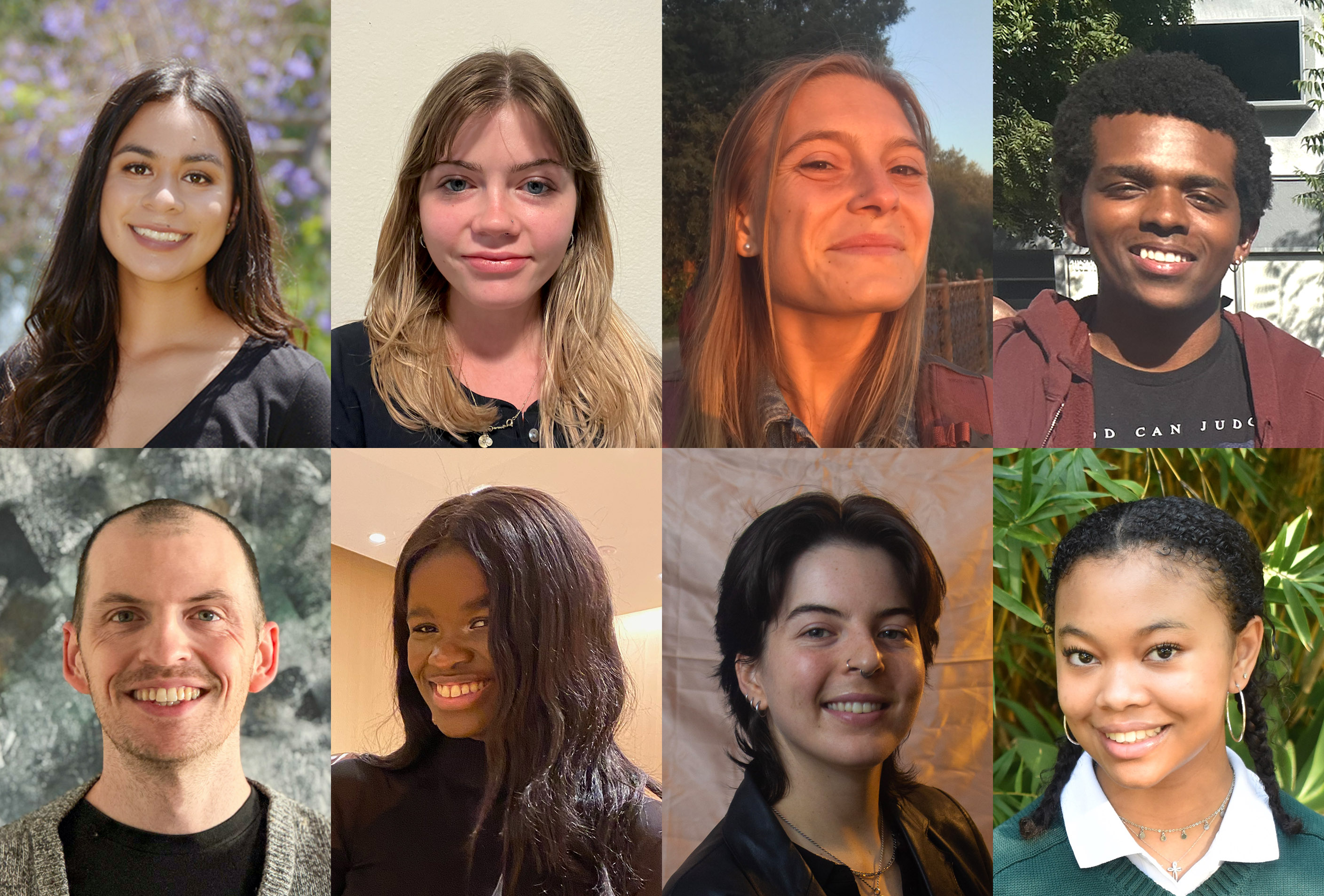
Sara Abrahamsson is a fourth-year student at UCLA studying Art History and French. As a culmination of her artistic and academic interest in political graphics, Sara is currently writing her senior thesis paper on the internationalist poster art of post-revolutionary Cuba. Upon graduating, she plans to continue working in museums before pursuing graduate studies in Art History or Art Conservation.
Amy Cabrales is a First-Generation fourth-year undergraduate student at UCLA, studying Sociology and the Russian Language. She is a Mexican-American, Los Angeles native born in Lynwood, California. Her career interests include cross-cultural education via museum work or language instruction and immigrant resettlement, while her academic interests include immigrant integration and self-identity across immigrant generations. She is anticipating returning to Almaty, Kazakhstan for the 2024-25 academic year to inform these interests and advance her Russian proficiency.
Elsa Coony is a fourth-year student at the University of California, Los Angeles double majoring in Global Studies and German. She has previously worked at the United States Holocaust Memorial Museum as both a docent and translator and is excited to join this year's council. In the future, she hopes to pursue a career in international development.
Biruke Dix is currently a 2nd year student at UCLA studying Applied Mathematics. He joined the Wende Student Council in 2024 and is deeply invested in the ever-changing properties of art as well as social habits. He hopes that he can create language and conversation that promotes the spread of cultural shifts and social justice.
Matthew Jones is a third-year PhD student in Claremont Graduate University’s Cultural Studies and Museum Studies program. His research currently explores how sites connected to authoritarian regimes function as pilgrimage destinations and what strategies states and institutions employ to reduce extremist attachment at these sites. He is thrilled to continue his training with the Wende Museum through this collaboration with the Thomas Mann House.
Emma Larson is a master's student at Columbia University's Harriman Institute of Russian, Eurasian, and Eastern European Studies. There, she focuses on the gender, social, and political history of Central Asia. Before starting at Columbia, Emma taught English in Kazakhstan with the Fulbright Program. She graduated from Williams College with degrees in History and Russian in 2021.
Zora Nelson is a current undergraduate student at New York University, where she is studying Harp Performance and Media, Culture, and Communication. As an east coaster born and raised in Philadelphia, Pennsylvania, she discovered the Wende Museum in the summer of 2022 and is honored to be a part of the council. With a passion for writing, Zora sees a future in storytelling to promote social justice.
Lexi Tooley is a current sophomore at the University of Pennsylvania majoring in Political Science and Art History, minoring in Chinese Language and Culture. She is originally from Los Angeles, California, and attended the Archer School for Girls. Lexi has been working with the Wende Museum for the past 2 years. She looks forward to continuing the search for truth and examining the vulnerability of democracy through this program!
Partners
The event series is a collaboration with the Wende Museum Culver City, dublab and the Thomas Mann House Los Angeles.


Coalition in Distress? The Rise of the Far Right in Germany and its Potential Consequences for the State Elections in 2024 – Lecture & Conversation with Andrea Römmele & Bruce Bimber
Los Angeles
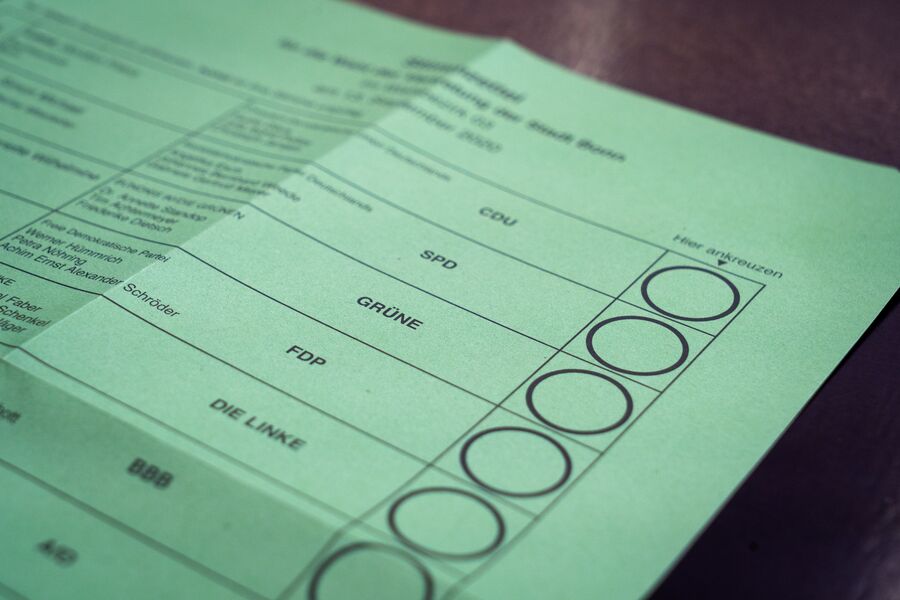
Information
Fall 2023 marks the midterm of the German "traffic light“ coalition, named after the parties' traditional colors: the Social Democratic Party of Germany (SPD), the Free Democratic Party (FDP) and Alliance 90/The Greens. After presenting a progressive reform agenda in December of 2021, the Russian attack on the Ukraine has challenged the German government, among others, resulting in a so-called Zeitenwende, a historic turning point, that is supposed to unify the country. However, transformation is not progressing. Internal struggles characterize the administration of chancellor Olaf Scholz. The support of the far right-party (AfD) is rising to record highs. The state elections in the fall of 2024 in the federal states of the former East will serve as a critical bench mark for future developments in Germay’s political landscape.
In her presentation, Andrea Römmele will evaluate the government’s performance and discuss potential future scenarios for Germany and beyond. Afterwards, Andrea Römmele will engage in a conversation about the topic with Bruce Bimber, Distinguished Professor of Political Science at UC Santa Barbara, who will be comparing populist trends in campaigns in the U.S and Germany from a transatlantic perspective.
During her time at the Thomas Mann House, Andrea Römmele explores the impact that major societal megatrends – such as technology and AI, urbanization, demographic and social change, climate change and resource scarcity, or global growth markets – have on democracies. How do different systemic and societal structures in Germany and the U.S. affect these developments?
The event will take place at the Thomas Mann House (1550 N San Remo Drive, Pacific Palisades) on Thursday, January 25 at 7 pm.
Participants
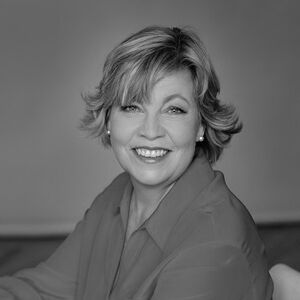
Andrea Römmele is Professor of Political Communication and Dean and Vice President at the Hertie School in Berlin. She holds a master’s degree from San Francisco State University, a doctorate from the University of Heidelberg, and a habilitation from Freie Universität Berlin. Römmele’s research interests include digital democracy, elections, and electoral campaigns and parties. For Römmele, a central issue is mediating between science and practice. One of her current projects is the “Democracy Report,” developed jointly with ARD, which she moderates herself.

Bruce Bimber is Professor of Political Science. He works closely with the Center for Information Technology and Society, which he founded in 1999. He is also affiliated with the Department of Communication. He studies political communication, with a focus on the relationship between digital media and patterns in human behavior, especially in the domains of political organization and collective action. Professor Bimber s a Fellow of the American Association for the Advancement of Science, a Fellow of the International Communication Association, and a past Fellow of the Center for Advanced Study in the Behavioral Sciences.




